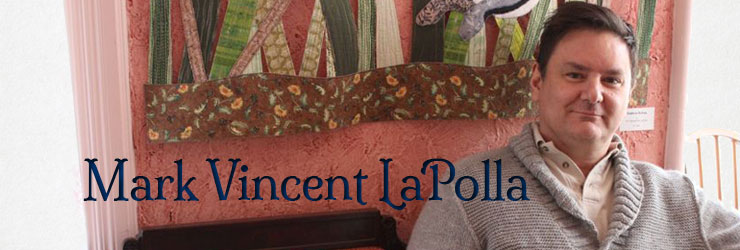The Norman Spinrad of Speculative Present agrees with me
Or is it I who agrees with him? No matter.
Mr. Spinrad’s very entertaining and enlightening article, Inside/Outside, does the same soul searching and attempt at defining what is what within science fiction that I attempted in my last post. But, I think, he does it more graciously and certainly more thoroughly than I did. Indeed, times they are achangin’. Science Fiction is breaking into the Main Stream and Literary Circles, while the Main Stream and Literary Circles are breaking into Science Fiction. And as Mr. Spinrad points out, this means a dumbing down of what Science Fiction is.
Dumbing down how? Well, for one, speaking for myself, the dumbing down of science, or even the leaving out of science altogether in science fiction. Where are the stories that turn on a (rubber or real, theoretical or applied) scientific principle? For another, the amping up of action for action and pacing for excitement’s sake. And finally, the ascendancy of fantasy over science in both RL (real life) and literary life. Mr. Spinrad goes so far as to imply that readers nowadays aren’t smart enough or educated enough to be able to even read science fiction. My question for Mr. Spinrad is: Were they ever? Perhaps we need to turn that idea on its head. Maybe, given the material nature of our current money grubbing society, it is the writers who have fled science fiction for greener pastures?
And this brings me to why I have gone back to writing fiction: There is no great or good science fiction any more. Now, granted, what I have been writing is mostly soft science fiction and not hard science fiction. Maybe even one might call some of my work “fantasy in science fiction drag.” And I’d go one step further and say that at least one short story I have written is fantasy wearing only engineering bangles and not even real science fiction. So then, who am I to complain? Now I have to ask myself the difficult question: Is my writing betraying my own believes and prejudices?
Science fiction is changing. The question is, will it survive the change? Or are genre benders, such as slipstreaming, the nail in the science fiction coffin? Or am I just a worry wart? After all, science fiction has survived bigger changes: the transition from Gothic (Frankenstein) to Victorian (Verne etc.) to the Modern, and one hopes, scientific age, the pulp magazines, and light speed scientific progress, just to name some of the biggest.
I best get back to writing if I’m going to have anything to read. After all, I have to make up not only four rubber drugs for one of my speculative, in the present, almost science fiction short stories but I also have to make up two new human languages, do research into 18th century Scotland, the MacTavish Clan, the Jacobites and more for another science fiction/speculative fiction short story. Sigh. Well, at least it’s fun.
My take away from Mr. Spinrad’s article? Read Super Sad True Love Story by Gary Shteyngart. Now!
